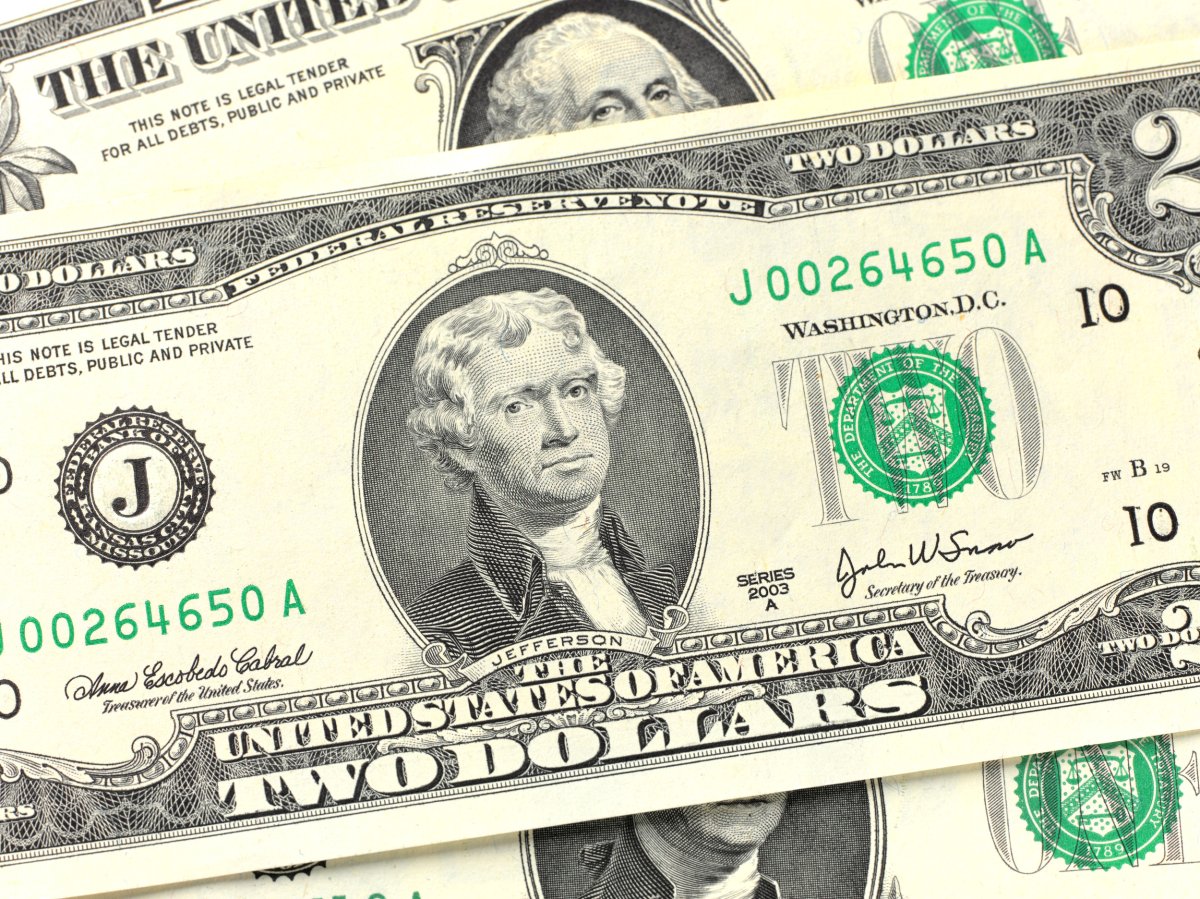During his 1964 State of the Union address, former President Lyndon B. Johnson declared an unconditional war on poverty. While this national effort did reduce poverty, it didn't go far enough. Still today, poverty persists. Americans are working two or three jobs and still struggled to make ends meet. In 2022, the United States saw the largest ever one-year increase in the poverty rate, with 12.4 percent of Americans living in poverty as compared to 7.8 percent in 2021. Child poverty was 16.3 percent in 2022.
The war on poverty did not fully work because Johnson's approach was predicated on an incomplete premise. He believed that "very often a lack of jobs and money is not the cause of poverty, but the symptom. The cause may lie deeper in our failure to give our fellow citizens a fair chance to develop their own capacities, in a lack of education and training, in a lack of medical care and housing, in a lack of decent communities in which to live and bring up their children."
What resulted was a piecemeal approach that, while laying the foundation for our modern-day social safety net, failed to address the core problem——poverty is a lack of cash. The best solution is to get to the root cause of poverty is through a guaranteed income.
In Saint Paul, we launched the nation's second-ever mayor-led guaranteed income pilot and the first to leverage public dollars. The People's Prosperity Pilot (PPP) was launched at the height of the COVID-19 pandemic in 2020 and provided 150 families enrolled in the CollegeBound Saint Paul program, our citywide college savings initiative, with $500 per month in unconditional payments for an 18-month period.

New data released just last month showed the effects were profound. The payments made recipients more financially stable and reduced income volatility. Participants reported spending more time with family and experienced relative household stability throughout the pilot. Families showed fewer symptoms of anxiety or depression and reported feeling more hopeful. The percentage of participants reporting feelings of high hope progressively increased throughout the study from 15 percent at baseline to 21 percent at the end of PPP, and 22 percent six months after PPP ended.
One of the most common criticisms of this approach is, "Why would anyone want to work anymore if you're just giving away free money?" Not only have I never heard anyone say that they could quit their day job for $500 per month, but now we have the receipts to prove that this trope is simply not true. Researchers found that the number of PPP recipients employed increased from 49 percent at the beginning of the pilot to 63 percent six months after the program ended. When we asked them why, participants cited ability to afford child care, make car repairs or get a bus card, or take time off their part-time job to apply for a full-time job.
Above all, what we found was that a relatively small amount of dollars unlocked a world of potential—for the recipient, their children, and their community. Take, for example, Samantha and Max, a married couple with four children. During the pandemic, Max lost his income and medical bills were piling up for their infant daughter born with a heart condition. Our guaranteed income pilot program allowed them to feel less stressed about medical bills and more in control of decisions. Samantha enrolled in a training program and secured a new job, and they fixed their daughter's bike. Another one of our neighbors, Lucille, said the $500 allowed her to "go from survival mode to feeling like my family is going to be OK, no matter what."
Our guaranteed income pilot was transformational for our recipients, especially as families grappled with the devastating effects of the COVID-19 pandemic. Though President Johnson's war on poverty could not take into account the pandemic, he did recognize that we needed new tools to address poverty. He said in his declaration, "It will not be a short or easy struggle, no single weapon or strategy will suffice, but we shall not rest until that war is won. The richest nation on earth can afford to win it. We cannot afford to lose it."
President Johnson knew that ending poverty was about more than just the economy; it was "a unique opportunity and obligation to prove the success of our system." That's exactly what we did in Saint Paul—our guaranteed income pilot showed people that government can work and be relevant in our lives. We abandoned the old model of city-building that tells us that the solution to a safe community is over criminalizing Black and brown youth, or that all you have to do to spur economic prosperity is attract outside talent rather than investing locally.
Today, our new model of city-building hinges on an enterprise approach where everyone has a stake in our claim. Every day, we must go all in to support this work for our children and our families. On this 60th anniversary of America's declaration of unconditional war on poverty, we must bet on ourselves and finally eradicate poverty through a guaranteed income.
Melvin Carter is the 46th and first African American mayor of the city of Saint Paul, Minnesota's capital city.
The views expressed in this article are the writer's own.
Uncommon Knowledge
Newsweek is committed to challenging conventional wisdom and finding connections in the search for common ground.
Newsweek is committed to challenging conventional wisdom and finding connections in the search for common ground.
About the writer
To read how Newsweek uses AI as a newsroom tool, Click here.





